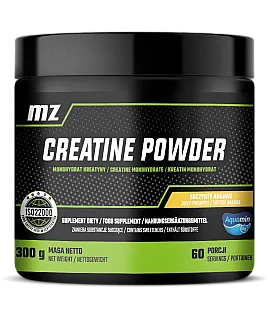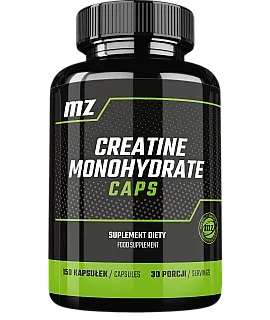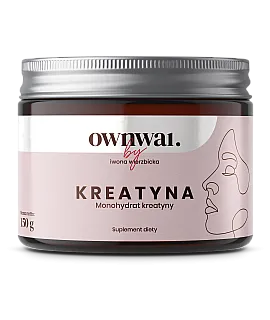How does creatine affect strength?
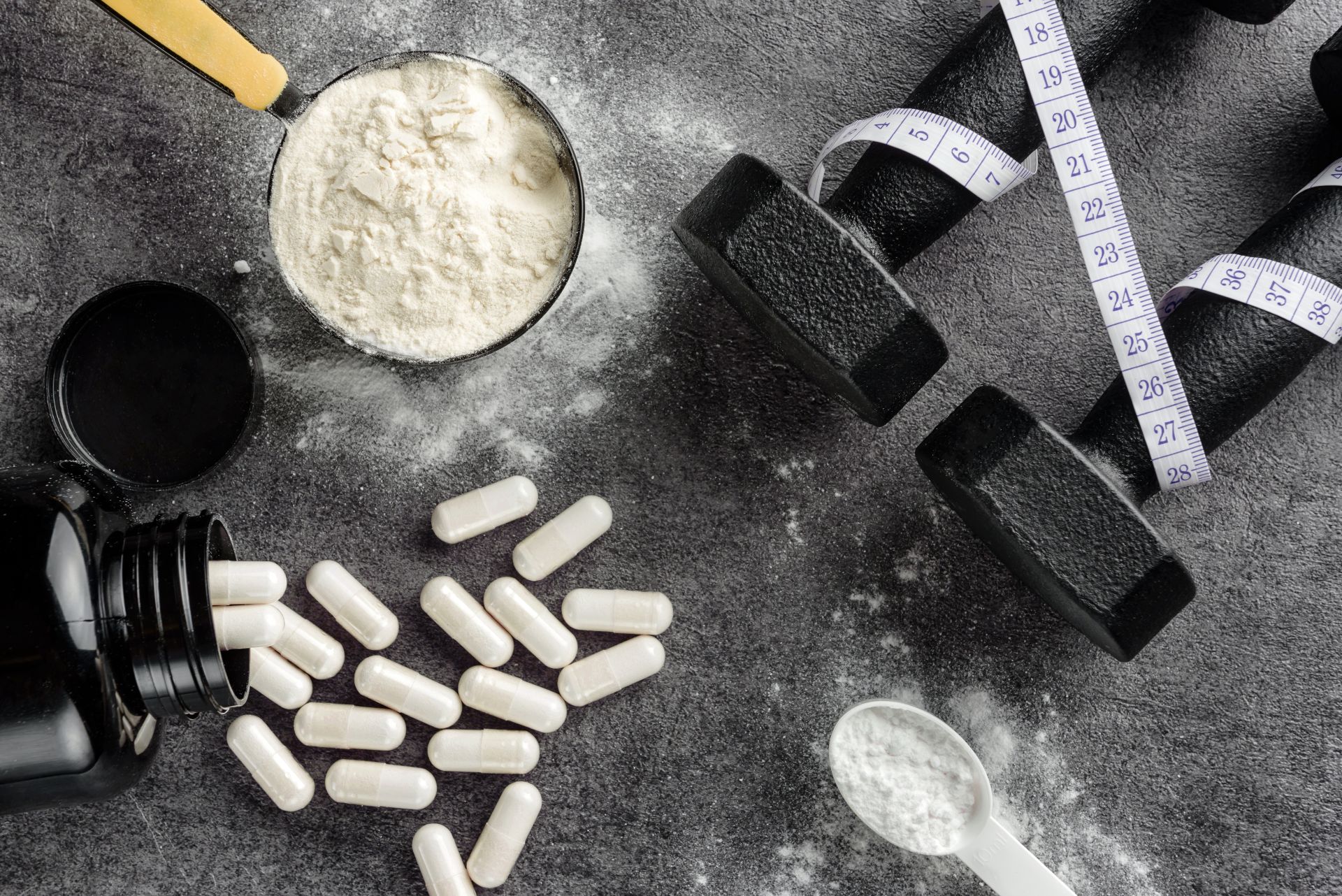
Strong muscles are a very useful and practical attribute. When it comes to developing muscle strength, a properly structured training regimen is of great importance, but you can make your job easier by choosing the right supplementation. A must have in the reservoir of anyone involved in strength sports is creatine. Creatine affects strength in several ways, and it is also very safe and economical, making it hard to find an excuse against its use. What is all the magic of creatine?
- Creatine for strength is one of the best possible choices
- How does creatine improve strength?
- Creatine dosages for increasing strength
- Creatine is a safe and effective way to get more muscle strength
Creatine for strength is one of the best possible choices
Many experts say that creatine is one of the best ergogenic supplements for athletes. Also, many say outright that it is the best of the legal and safe ones. Creatine's effectiveness in supporting muscle function and improving athletic performance is so well-documented in clinical studies that it cannot be disputed.
Creatine has been recognized by the Australian Institute of Sport - an institution that is an authority in its field. This institute has for years presented its classification of supplements, foods and other substances in the context of their effect on athletes and the quality of scientific evidence of their effectiveness. Creatine is placed in the honorable Group A, which includes tools with the best-documented efficacy and safety that are worth considering for introduction in active people.
Creatine can improve different types of muscle strength. It can help with both the strength of tightly controlled movements (such as in powerlifting or bodybuilding workouts), but it can also improve performance in sprints or dynamic team games.
A review of 22 studies showed that creatine combined with resistance training can produce an average of 8 percentage points better strength gains than resistance training combined with a placebo (20% vs. 12% gains). Instead, gains in weightlifting performance were as much as 14 percentage points higher (26% vs 12%).
How does creatine improve strength?
First, it's about more efficient energy management inside muscle cells. Better energy distribution means more efficient work. However, this aspect needs to be put to good use. If we include creatine supplementation, and do not use its potential to increase the training stimulus (more series, faster load increases, etc.), the effects will be, but limited. The full potential will not be realized.
Second, creatine improves recovery after training. It aids the process of training adaptation and accelerates muscle glycogen resynthesis, especially when taken together with a solid portion of carbohydrates, such as in a post-workout meal or breakfast. Using creatine reduces the risk of overtraining during intense training periods.
And one more important, and often ignored, point. Creatine can reduce the risk of injury. Nothing hinders you from achieving your strength goals more than a sudden injury. In some cases, an injury completely pushes back the original goals. Particularly in training geared toward strength gains, where very heavy weights are used, great attention must be paid to safety and injury prevention.

Creatine dosages for increasing strength
When the goal is to increase muscle strength, the optimal dose of creatine will usually be in the range of 5-10 grams per day. The final dose depends on the user's muscle mass, weekly training volume, or the amount of meat in the diet.
It is optional to carry out a creatine loading phase, which allows muscles to approx. 4 times faster to reach maximum creatine saturation. This involves taking 5 g of creatine 4-6 times a day for the first 5-7 days of supplementation, and then changing to a target, maintenance dose of about 5-10 g.
Creatine is a safe and effective way to get more muscle strength
Despite its surprising effectiveness, creatine is not banned by any organization and is absolutely not considered doping. Instead, it is recommended by many of the world's prominent dietary organizations.
Creatine is not only safe (it has no significant side effects), but can even benefit many aspects of health. It is used by many people as a preventive health measure, even when they don't have exorbitant athletic goals.
Sources:
-
Kreider RB, Kalman DS, Antonio J, et al. International Society of Sports Nutrition position stand: safety and efficacy of creatine supplementation in exercise, sport, and medicine. J Int Soc Sports Nutr. 2017;14:18. Published 2017 Jun 13. doi:10.1186/s12970-017-0173-z
-
Rawson ES, Volek JS. Effects of creatine supplementation and resistance training on muscle strength and weightlifting performance. J Strength Cond Res. 2003;17(4):822-831. doi:10.1519/1533-4287(2003)017<0822:eocsar>2.0.co;2
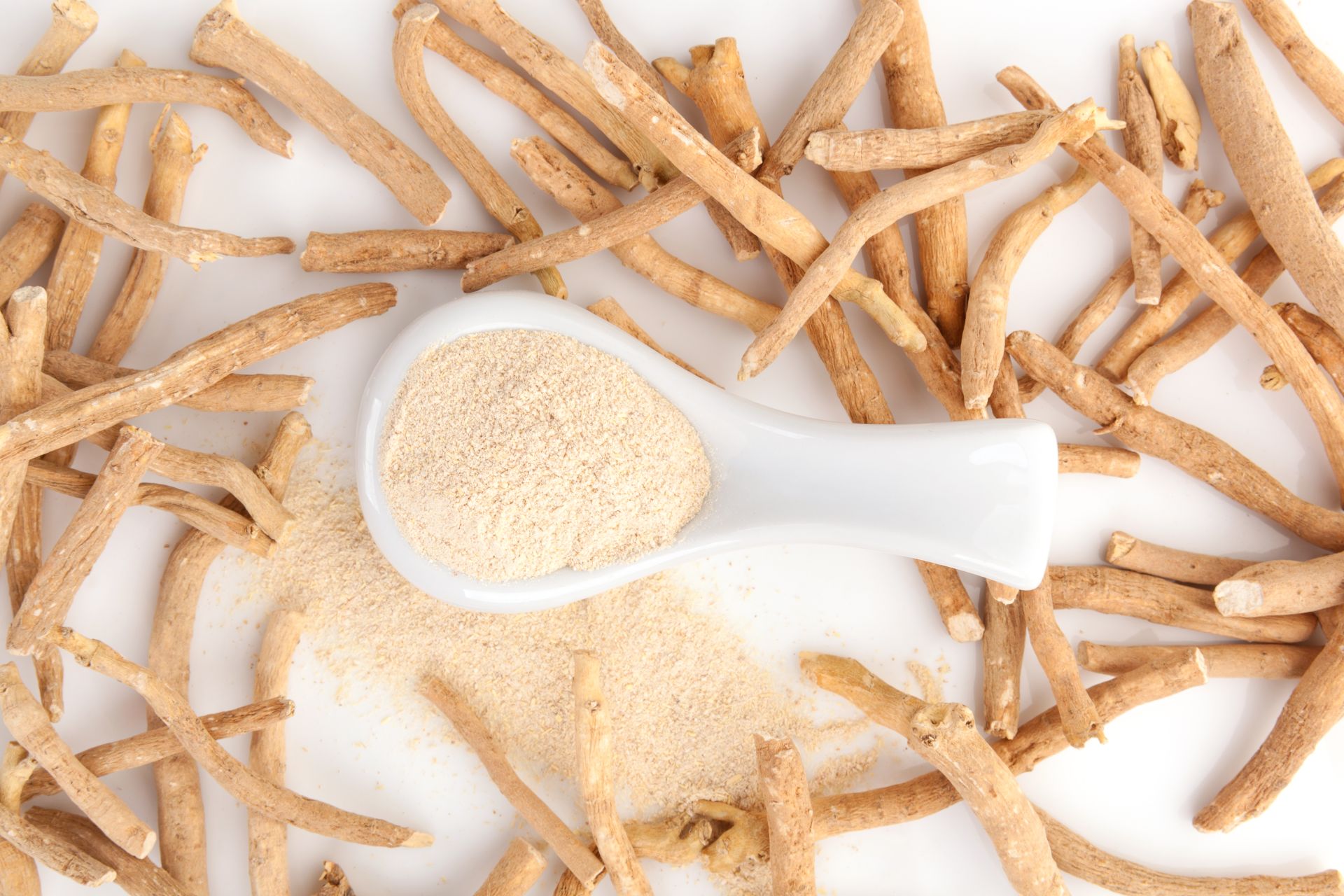 ⮜ Previous article
⮜ Previous article
Ashwagandha in pregnancy - is it safe?
 Next article ⮞
Next article ⮞
